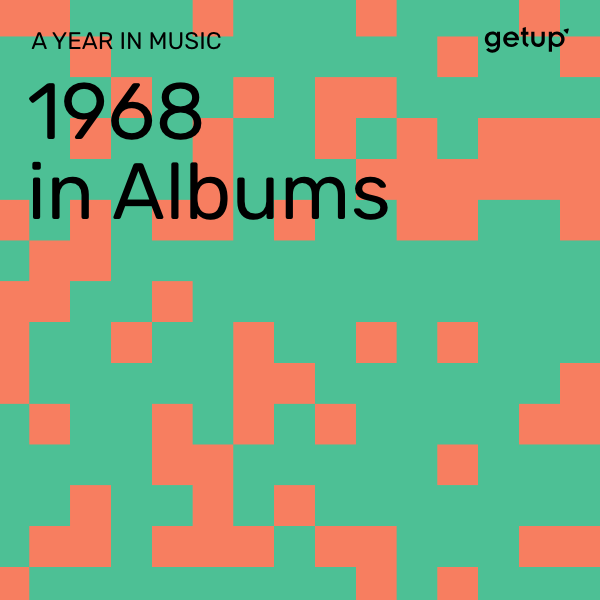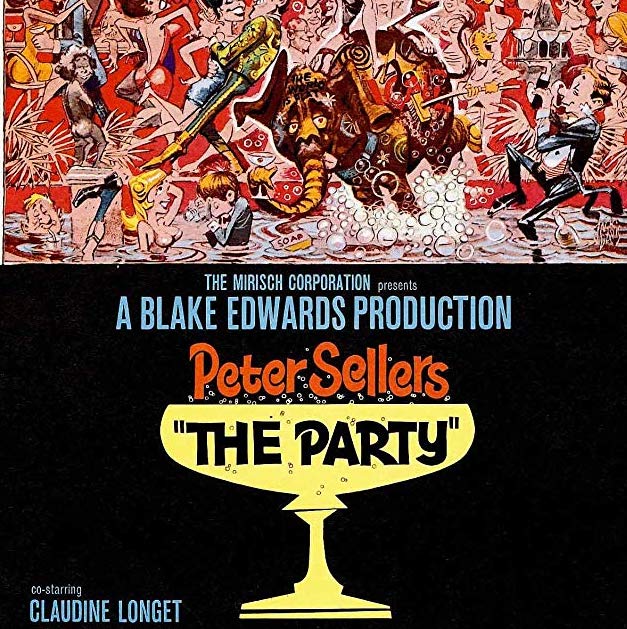1968 was the year when the album, as a medium for an artist to send a message to an audience, began to supersede the three-minute single. And in that year the album began to reflect the state of political and social turmoil that the world was experiencing in a way that still wasn’t reflected in the pop charts. It’s as if the pop single represented the world as it once was, whereas rock, folk, and blues used the album to tell how it actually was. Hair is growing even longer, the music is getting louder, and revolution is in the air.
The Beatles (The White album), Stones (Beggars Banquet) and Hendrix (Electric Ladyland) still rule. The Kinks produce a masterpiece (The Village Green Preservation Society) that flops badly at the time, as do the Beach Boys (Friends). Aretha establishes herself as Soul Lady #1.
We see the signs of what would become the singer-songwriter boom and the emergence of folk into the mainstream, both in the US and the UK (Joni Mitchell, Simon & Garfunkel, Laura Nyro, Pentangle), in a year that was a quiet one for Dylan.
I have arranged the songs roughly in a soft-progressing-to-hard order to reflect the growing disharmony between a satisfied and outwardly happy consumer-oriented society and the peace-driven, anti-war anti-oppression protests against the old order; a move from harmony-driven easy listening pop (The Association, Fifth Dimension, Gary McFarland) towards guitar-driven psychedelic or blues-inflected rock (Deep Purple, Canned Heat, Janis Joplin). Soul, too, was getting a harder edge (Sly & The Family Stone) and I’ve included jazz cuts from Horace Silver and Lalo Schifrin’s classic theme for Steve McQueen’s equally classic movie Bullitt.
I have tried not to select the obvious, most popular tracks from each album. At least not in all cases. I hope that if you hear something you like it’ll lead you to discover a whole new album or artist.
In case anyone is wondering why Van Morrison’s Astral Weeks is not represented here the simple answer is I’ve never cared for it. My loss maybe, but I’ve tried, and it just doesn’t hit my music bone.
But, in a year marked by the assassinations of Martin Luther King and Robert Kennedy, the Prague Spring, the Paris riots, student protests, and Vietnam, we end with The King — the climax to Elvis’ “comeback” TV Special aired in December 1968. Elvis needed a big number to end the show. His manager demanded a schmaltzy Christmas song but Elvis wanted to make a statement, something to reflect his feelings of a world in need of change. Walter Earl Brown wrote it overnight for Elvis to record the next day. Elvis never sang better nor expressed his inner feelings more powerfully with “If I Can Dream”. Its message is as relevant now as it was 51 years ago.




.jpg)
